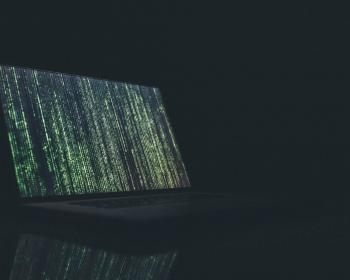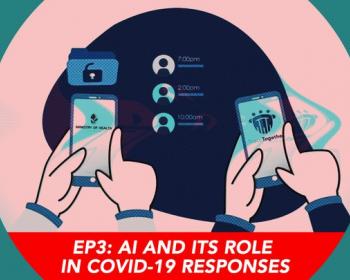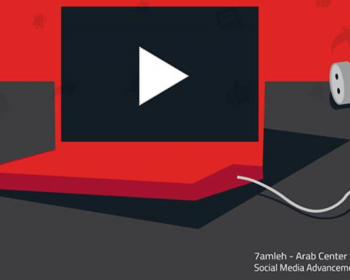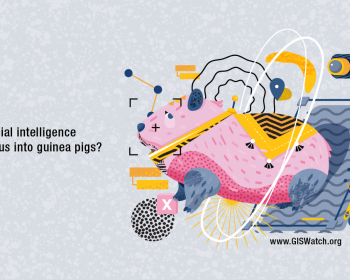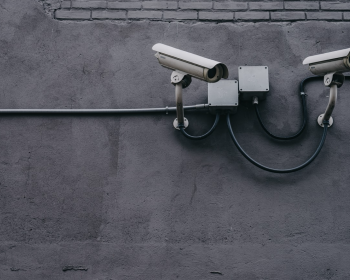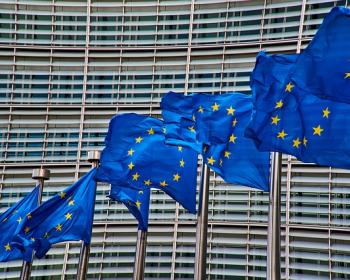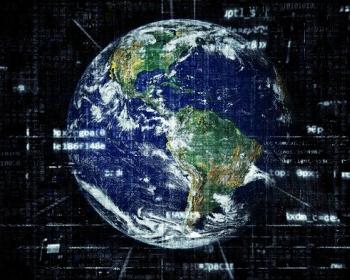artificial intelligence
In the second part of their article, Loreto Bravo and Peter Bloom alert us to the dangers of a romanticisation of technologies and develop a psychosocial and feminist approach as a tool to face the new wave of hyperconnectivity that is announced with 5G.
As technologies based on artificial intelligence (AI) gain traction, the need to govern them also becomes increasingly urgent. In recent years, ethical AI has surfaced as the de facto pathway towards safer and better AI, often manifested in lists of guidelines and principles or codes of conduct.
On the third episode of Pretty Good Podcast, ARTICLE 19 digital programme officer Vidushi Marda dissects the role of artificial intelligence (AI) in the region’s response to COVID-19 and what the new applications of this technology mean for digital rights after the pandemic.
As widespread recent protests have highlighted, racial inequality remains an urgent and devastating issue around the world, and this is as true in the context of technology as it is everywhere else.
7amleh has released a new research report about YouTube’s violations of Palestinian digital rights, as part of a series that focuses on violations of Palestinian digital rights and digital discrimination against Palestinians by international technology companies.
AI is receiving unprecedented global attention, but what are its human rights and social justice implications? APC collaborated with Indonesian illustrator Ellena Ekarahendy to produce a set of visual representations of outstanding metaphors in 2019 GISWatch report on AI and human rights.
The context of how artificial intelligence affects our rights as digital natives is worth unpacking, especially during political and public health crises, where online communication is a lifeline for many, and citizens are possibly being subjected to government surveillance and manipulation.
Many countries today are turning to digital technologies to provide information as well as for monitoring and controlling people infected with the virus, which alerts us to the potential impact of these technologies on people’s fundamental rights.
APC outlines positions on some of the areas covered in the digital strategies presented by the European Commission that will undoubtedly set a key precedent for global discussions on issues such as regulating platforms, data governance and artificial intelligence.
Rreport by the Association for Progressive Communications and Derechos Digitales prepared for the 66th Pre-Sessional Working Group meeting of the Committee on Economic, Social and Cultural Rights for Chile’s Compliance with the International Covenant on Economic, Social and Cultural Rights.

Association for Progressive Communications (APC) 2022
Unless otherwise stated, content on the APC website is licensed under Creative Commons Attribution 4.0 International (CC BY 4.0)




